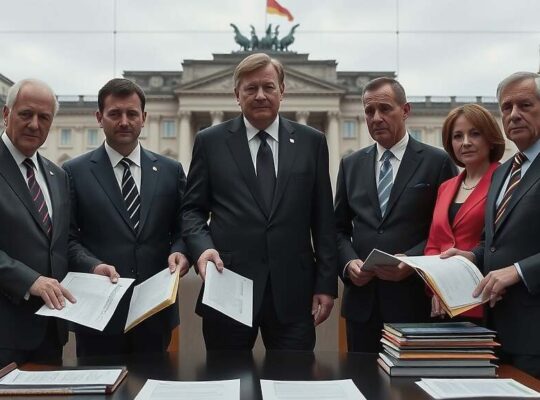The German government’s commitment to extending the Deutschlandticket, a subsidized public transport pass, until 2030 at a fixed price of €63, has drawn criticism alongside cautious optimism. While Transport Minister Patrick Schnieder defends the move as essential for maintaining the ticket’s success and ensuring the continued viability of employer-sponsored “Job Tickets” analysts question the long-term affordability and potential for inflationary pressures on the public.
Schnieder, speaking to RTL and ntv, emphasized the government’s priority in guaranteeing the ticket’s longevity, arguing that the price point remains “very attractive” considering the access it provides. He anticipates a boost in ridership, particularly for those utilizing Job Tickets, which have previously been hampered by uncertainty regarding the ticket’s future availability. The extension, he believes, provides the predictability employers need to promote these discounted options more aggressively.
However, the decision to link future price adjustments to a fixed, index-based mechanism starting in 2027 raises concerns. While Schnieder acknowledges that “everything is getting more expensive” due to inflation and rising labor costs and that these factors will inevitably impact ticket prices, critics argue that the lack of flexibility within the mechanism could lead to abrupt and potentially unpopular price hikes in the future.
The reliance on an index-based system also obscures the government’s direct financial commitment to subsidizing the ticket, potentially shifting the burden of rising costs onto commuters. Economists are urging greater transparency surrounding the overall funding model and a willingness to intervene should the index-based adjustments prove unsustainable. While the extended availability offers stability, the political challenge for the government will be to manage expectations and shield commuters from disproportionate price increases as inflation persists. The long-term success of the Deutschlandticket ultimately hinges on balancing affordability with economic realities.












